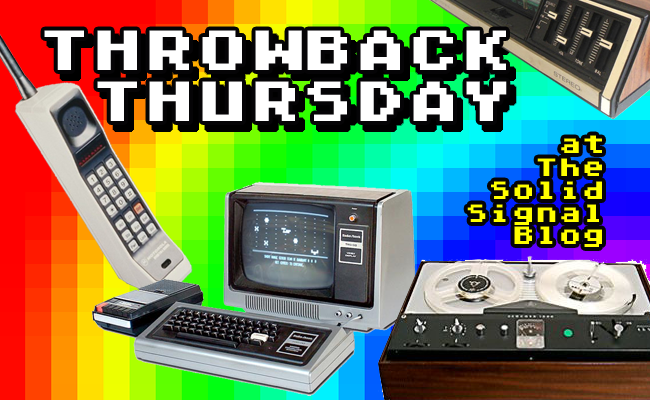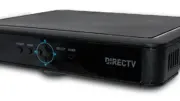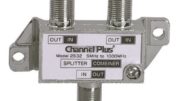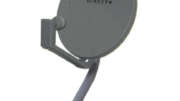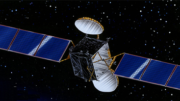I’ve told you a number of times why DIRECTV and DISH won’t ever merge. The technologies today are too different, as are the business models. But a generation ago, the two companies almost did merge.
Don’t believe me?
Take a look at this article from The New York Times back in 2001. General Motors was the original parent of DIRECTV, believe it or not. They owned Hughes, which was an aviation and communications leader since the 1930s. DIRECTV wasn’t a good fit for the large General Motors hierarchy, and they realized that the way forward would have to include spinning off the company. One of their first plans was to merge with their largest competitor.
It made more sense back then.
Back then, both DISH and DIRECTV used round dishes and very similar technology. Since then, things have changed. Around the time that Times article ran, both DIRECTV and DISH started offering local channels over satellite. At one time, it wasn’t even legal to do that, but laws changed. A few years later, high-definition programs which required ten times the bandwidth started taking the world by storm. DIRECTV and DISH acted differently and the result is that their systems are incredibly different today.
Why the deal didn’t go through
You have to remember that things were a little different back then. A combined DIRECTV-DISH would have been an incredible powerhouse and controlled so much of the nationwide TV market that no other competitor could possibly arise. At least that’s what the federal government thought, because they sued to stop the deal in late October 2002. It was thought that the combined company would be so big that it would limit the public’s choice.
As a result of that lawsuit, the two companies abandoned their plans about a month later. About a year after that, General Motors spun off what was then called its Hughes Satellite division under the DIRECTV name. As we all know that company was independent for 11 years, although it did have majority stockholders who drove their corporate philosophy.
An alternate history
It’s tempting to think about what would have happened if General Motors had held onto DIRECTV. Perhaps the company would have developed better mobile solutions in-house. Perhaps the company’s Delco Electronics division might have gotten involved, creating miniature dishes.
Or, imagine if DIRECTV and DISH had merged. The new company (which would have been named DirecTV) might have stopped the rise of Comcast and Spectrum, two companies that often top the list of America’s most hated. With an emphasis on quality, nationwide programming, you might have seen a weakened NBC (which wouldn’t have been bought by Comcast) actually fail in the late 2000s. That might have hastened the move toward streaming. It’s hard to know.
Personally I think the merger of DIRECTV and DISH was the wrong move in 2001. Not necessarily because the Department of Justice was wrong but because the years after 2001 were the most dynamic and exciting in both companies’ history. Satellite TV may not be the growth monster it once was, but it’s still a dominant force in television and I expect it to be for years to come.

